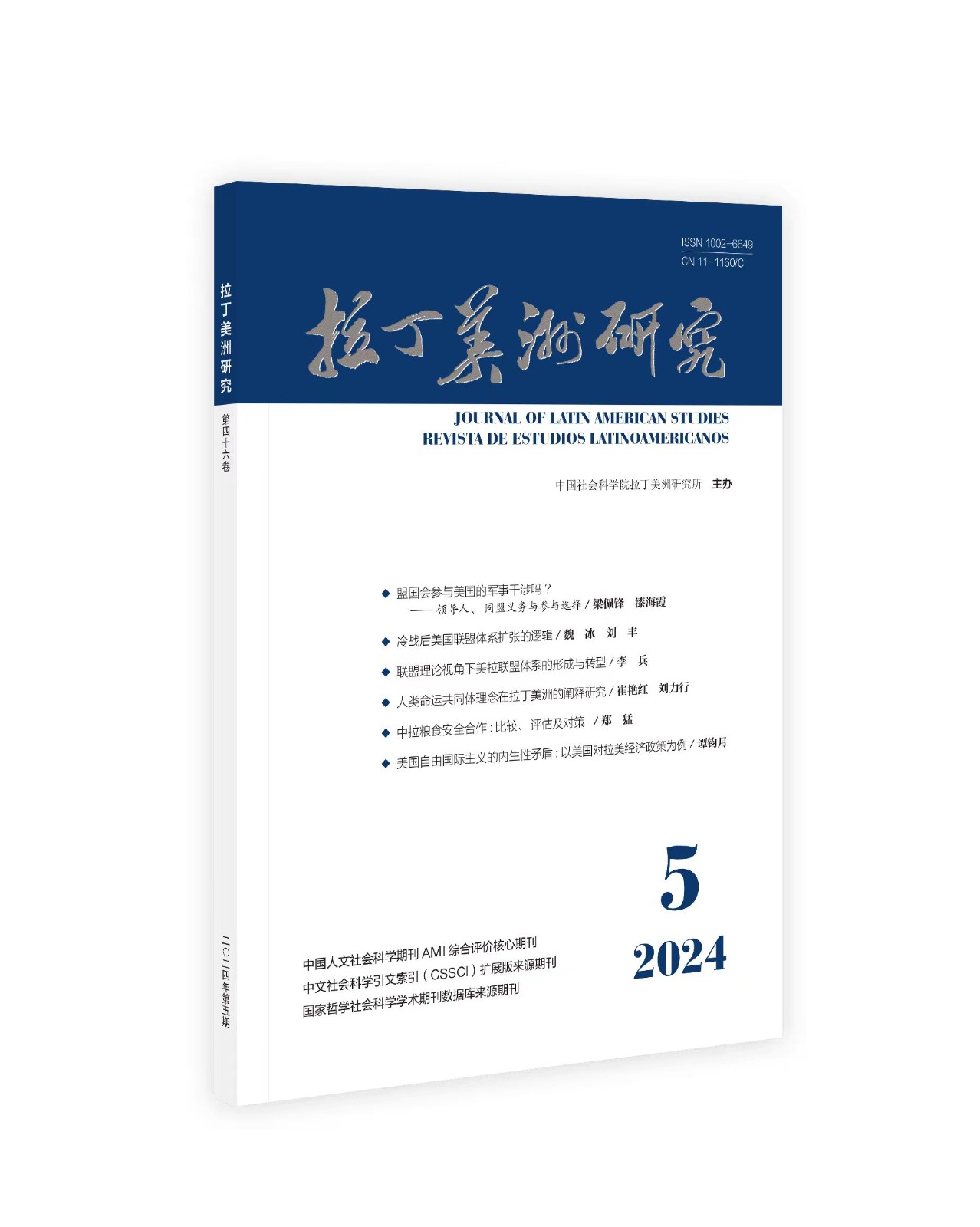No Taxation without Efficiency? Elite Perceptions of Redistribution and Progressivity in Chile
IF 0.7
2区 历史学
Q2 AREA STUDIES
引用次数: 0
Abstract
Abstract Even though a vast literature has addressed perceptions and beliefs on taxes, progressivity and redistribution, few studies have specifically studied the perceptions of economic elites in this regard. This group is relevant for its affluence and influence, and therefore elites’ ideas and preferences have a major impact on tax-policy configuration. This study analyses the perceptions of the economic elite on redistribution and progressivity in Chile. Based on in-depth interviews and historical documents, such notions are examined by mixing concrete evaluations of income tax and value-added tax (VAT) and more general attitudes towards the role of the tax system in economic development. Results show that redistribution is negatively evaluated, which coexists with a strong willingness to contribute to poverty relief through social initiatives outside the state. Additionally, progressivity is sidelined while highlighting growth, tax neutrality, and incentives to entrepreneurship as the main priorities of tax design. The historical analysis shows that although the Chilean tax regime has always been based on indirect taxes and levies on natural resources, neoliberal reforms and ideological renovation during the Pinochet dictatorship narrowed the general framework of tax ideas among business and political sectors and reversed progressive advances in inequality reduction and direct taxation that had been made during the previous decades.没有效率就没有税收?智利精英阶层对再分配和进步的看法
尽管大量的文献讨论了对税收、累进性和再分配的看法和信念,但很少有研究专门研究了经济精英在这方面的看法。这个群体的富裕程度和影响力是相关的,因此精英们的想法和偏好对税收政策的配置有重大影响。本研究分析了智利经济精英对再分配和累进的看法。在深入访谈和历史文献的基础上,这些概念通过混合所得税和增值税(VAT)的具体评估和对税收制度在经济发展中的作用的更一般的态度来检验。结果表明,再分配的负面评价与通过国家以外的社会举措为扶贫做出贡献的强烈意愿并存。此外,累进性被边缘化,同时强调增长、税收中立和激励创业作为税收设计的主要优先事项。历史分析表明,尽管智利税收制度一直以间接税和对自然资源征税为基础,但皮诺切特独裁统治期间的新自由主义改革和意识形态革新缩小了商业和政治部门之间税收观念的总体框架,并逆转了过去几十年在减少不平等和直接税方面取得的进步。
本文章由计算机程序翻译,如有差异,请以英文原文为准。
求助全文
约1分钟内获得全文
求助全文
来源期刊

拉丁美洲研究
Multiple-
CiteScore
1.60
自引率
0.00%
发文量
3870
期刊介绍:
Journal of Latin American Studies presents recent research in the field of Latin American studies in economics, geography, politics, international relations, sociology, social anthropology, economic history and cultural history. Regular features include articles on contemporary themes, specially commissioned commentaries and an extensive section of book reviews.
 求助内容:
求助内容: 应助结果提醒方式:
应助结果提醒方式:


